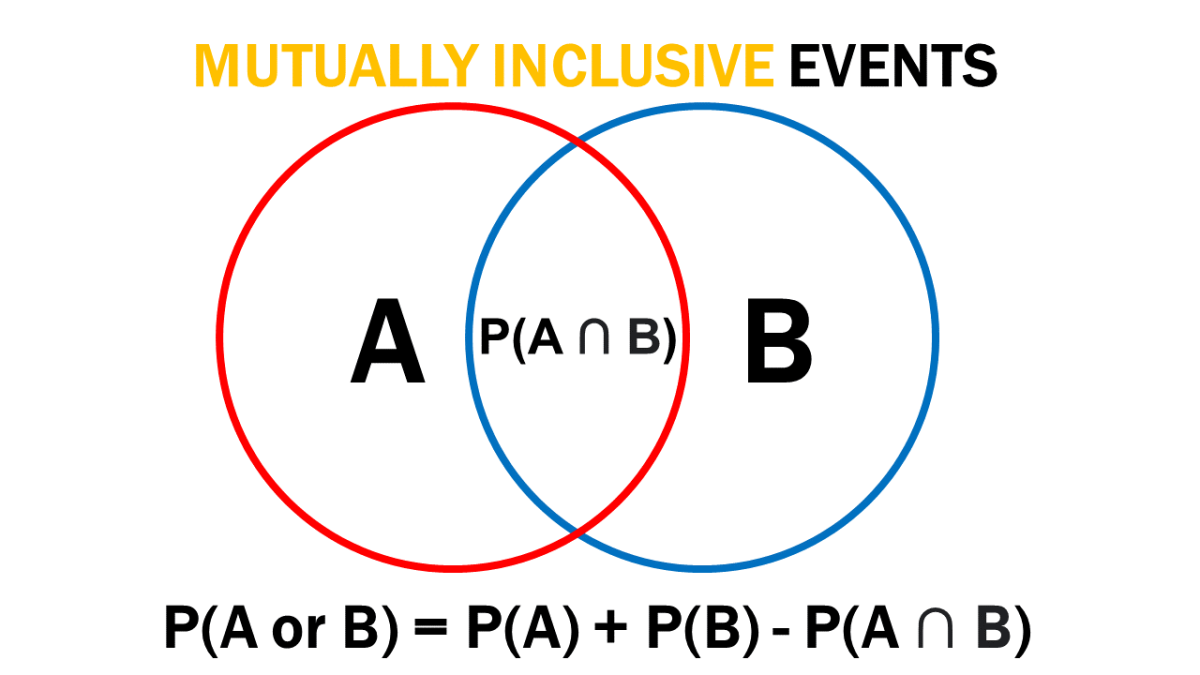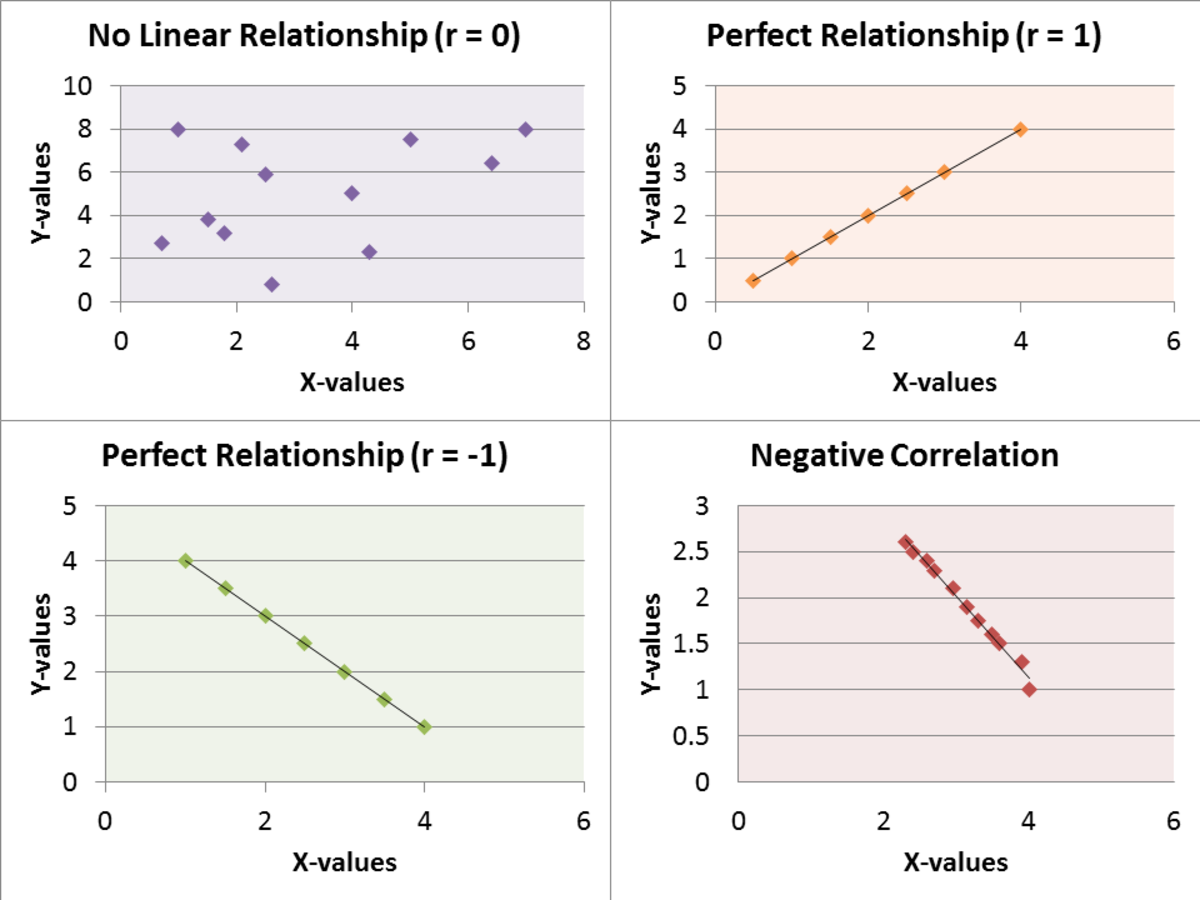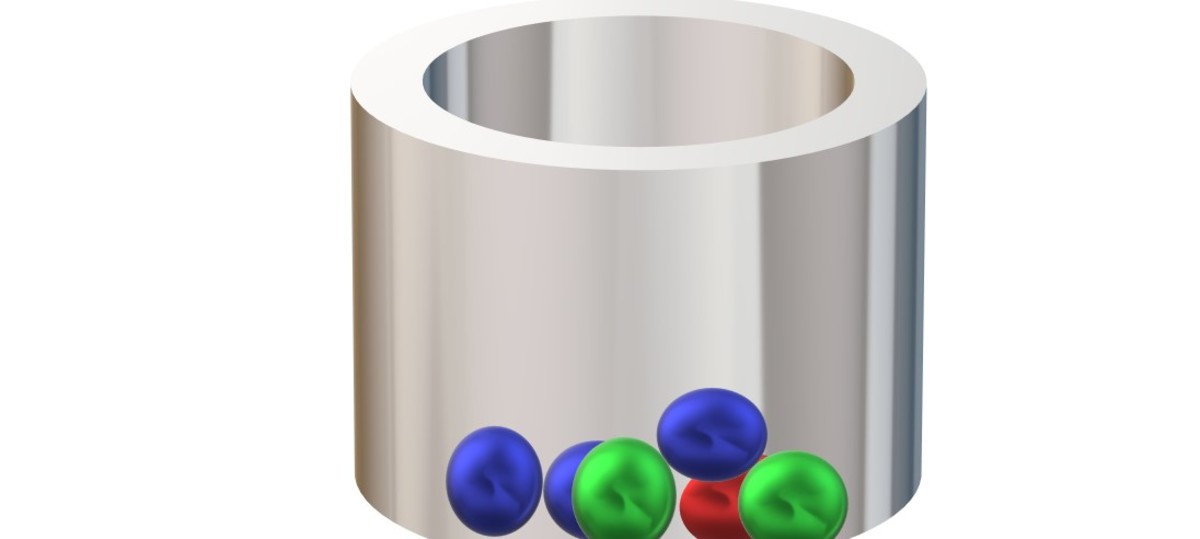Null and Alternative Hypothesis & Hypothesis Testing: An Example

Mutually Exclusive Null and Alternative Hypothesis - Hypothesis Testing: An Example
Null and Alternative Hypothesis: Do they have to be Mutually Exclusive?
In order to test a hypothesis, a null and alternative hypothesis have to be mutually exclusive. Although the null and alternative hypotheses possess mutually similar fundamentals of their hypothesis, the alternative exclusively disproves and rejects the null by a different predictive result, due to a difference that may be caused in null sampling error. By having two hypotheses, the null and alternative, they provide opportunity to accept or reject the null, determine which is either true or false, and determine if there is or is not a difference/alteration; therefore, providing a degree of certainty or truth to the original hypothesis.
Hypothesis Testing: An example of it with my previous employer
In 2001, myself and a team within our organization used hypothesis testing to argue that a new specific type of missile was better than the current missiles used in intercepting exoatmospheric missiles.
Although in the beginning stages of testing and while the theory was yet to be proven, this new missile was to be more mathematically accurate, faster, and precise because it possessed the most current technology and was to be far more advanced than its predecessors. Simultaneously testing the new and current missiles, the null hypothesis was that this new missile could not normally perform better than the current missiles being used and that it performed similarly. The alternative hypothesis was that the new missile would have a different outcome or results in intercepting exoatmospheric missiles, compared to the current missiles. Meaning, although this new missile did intercept more accurately, precisely and faster, the new missile would intercept too early.
By using two opposing hypotheses, the null hypothesis and alternative hypothesis, our team was able to concentrate on the more understandable and easier hypothesis and determine which hypothesis would be rejected, following Occam’s Razor so to speak.








